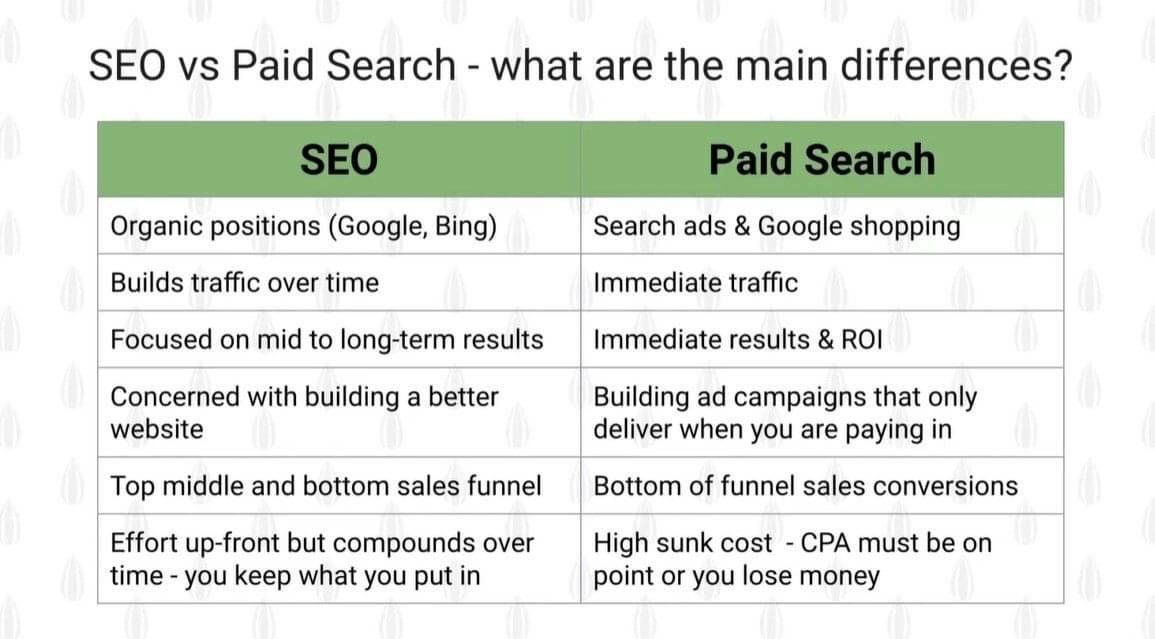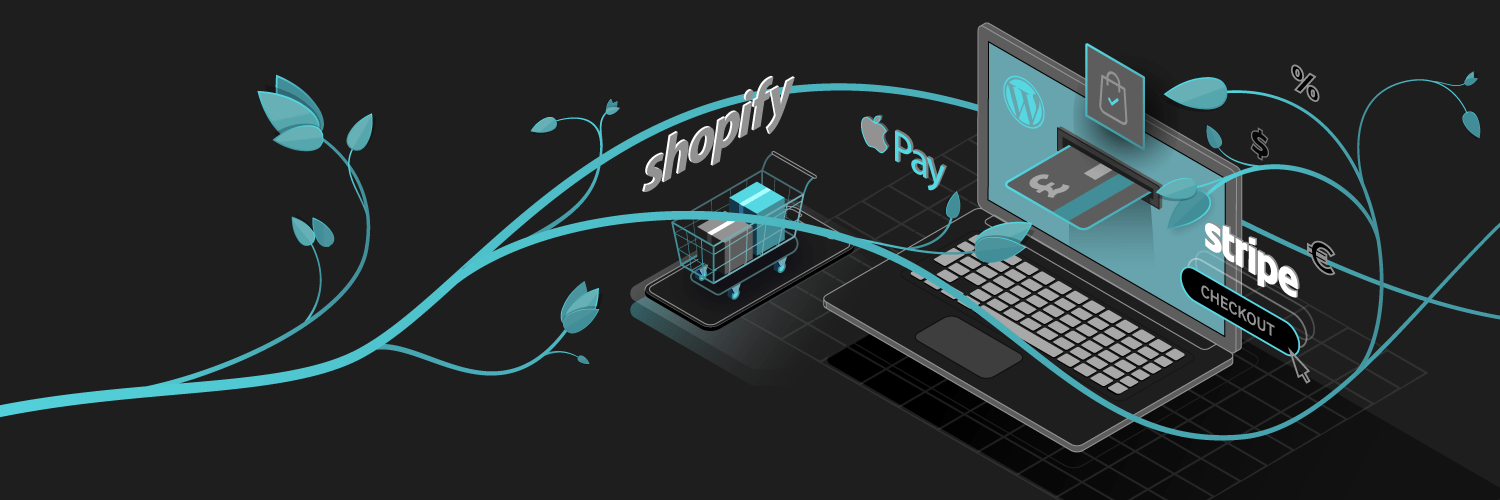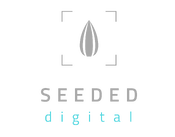Series: Getting into D2C eCommerce SEO > Episode 2: Organic & Paid Search
Organic & Paid Search - the interplay
They are both in the search result page but how do they play together? Is it one or the other, or is it one than the other, or, how does that work? Well, let's just take a minute to look at some of the differences between the two. And through doing that, we can actually sort of start to establish what the interplay is between these two channels.
When we talk about SEO (search engine optimisation, organic search) we're talking about those organic positions that we've just looked at and it's everything that isn't paid position so therefore is up for grabs.
The paid search side of things is limited, but very, very visible pieces of real estate. Alongside at the top and at the bottom.

Building Traffic versus Immediate Traffic
SEO is a channel that builds over time. When we build traffic over time, there is a latency.
So with SEO, if we we're building something, it needs to get discovered. We build the process signals in order to get the value out of it. So it's a mid to long term play investment whereas paid search gives you that immediacy. Get a campaign running, OK, it might be a bad campaign or a good campaign, but you put money in it and get some ads going and hey presto, your ads are starting to appear in search results straight away.
OK so with SEO there is a latency. Paid search - you start appearing straight away.
When in my business cycle should I do what, and when?
So when in my business cycle should I be doing which and when should I be investing in what?
We've said SEO focuses on the mid to long-term and paid search provides immediate results and hopefully a return on investment to a degree that depends on the quality of the campaign.
SEO is concerned with building a better website. Yes, you need good landing pages for paid search, but that's much more focused on building a great ad campaign.
SEO, you're building a better website. You're building a better technical platform. You're building a better content strategy. You are building that asset out.
Once you've built it, rather like building a house - it costs money to build the house because you know what you know - there's effort required and to build it once it's built you can live in it.
You don't have to do any more to it. It's done.
Whereas on the paid side of things, you create a good campaign, but as soon as you stop putting money into it, you lose all your visibility.
It's quite a good way of thinking about the two. We're definitely a huge supporter of saying that the two play nicely together, but the idea here is to sort of get a handle on how to look at these two channels.
We hope you're enjoying our series on "Getting into D2C eCommerce SEO" and if If you'd like to sign-up to receive this sort of content from us into your inbox, then you can do that with the form at the bottom of this page.
The Sales Funnel
Now we're gonna look at the sales funnel in terms of a conventional sales funnel. I know there's flywheels, and there's all sorts of other modern models for looking at it. For the purposes of this, I think it's simplest and easiest to look at it in terms of a conventional sales funnel.
You have pre-awareness, you've got awareness, consideration, purchase, loyalty.
So, if you're thinking about that sales funnel, SEO/organic search is really great at servicing, when it's up and running, that top to middle funnel, because it's pre-awareness.
We can create lots of great content that then allows people to come in and find this when they have a look at the beginning and start to have an understanding of the need that they have. And we can then help with the considerations that if people are searching for a particular product, we optimise for that.
So, it's a full funnel, but particularly good for the top because those kind of key terms that we're talking about (a pre-awareness and awareness stage) are unlikely to have the kind of conversion rate or transactional motivation behind them at that point that paid needs in order to show its KPIs that you need to say that it's worthwhile to keep. Your cost per acquisition in terms of your unit and that side of it.
Paid becomes better at servicing that lower funnel, those lower lower funnel queries.
So, when consideration and purchase comes out, great. Use paid search to scoop up all of that.
There is crossover, but it's quite good, in terms of thinking about the interplay between paid search and organic search, and when to use them, and that becomes clearer.
'I can build this up' and gain credibility with my content. Use that for awareness, pre-awareness, and then I can use my paid search to start to really target in on when purchase intent is on the cards.
To summarise...
So, to summarise this a little bit, in terms of the organic search side of things, SEO, yes, it's effort upfront, and we're building for the mid to long term, because there is latency, but that effort compounds over time.
What you build, you keep.
With paid search, if you're not building that up, that owned organic search asset, you're just relying on paid search, and if you build up more and more of a reliance on paid search then you are beholden to it if there isn't then a backup. If the money stops going into that campaign, you disappear.
And ideally we want that interplay. We want to make sure that the page is making sure we're getting those sales absolutely, but we've got the organic search setup as well, so there's a bedrock there and we know that we're going to continue getting traffic regardless of what we do with paid, and we're not beholden to any one particular channel.
So that's the way we think about the interplay between the two.
It's also the reason why from our agency perspective, we specialise in the technical, the on-site, the SEO side. We then work with our partner, Silvertip Digital, who's a Paid Media Specialist, and we work very closely together on various clients, for this reason, because there is this interplay.
There is this synergy to be had between the two.
Sign-up to receive this sort of content in your inbox
By filling out this form and clicking 'Sign up' you're giving us permission to email you with our marketing material (this kind of stuff is our marketing material). You'll be able to unsubscribe at any time via any of the emails we send, and we'll not be passing your data to any third parties... because we're not dicks. We're hoping that's something you can live with. Thank you so much for checking out our content - we really appreciate it.


